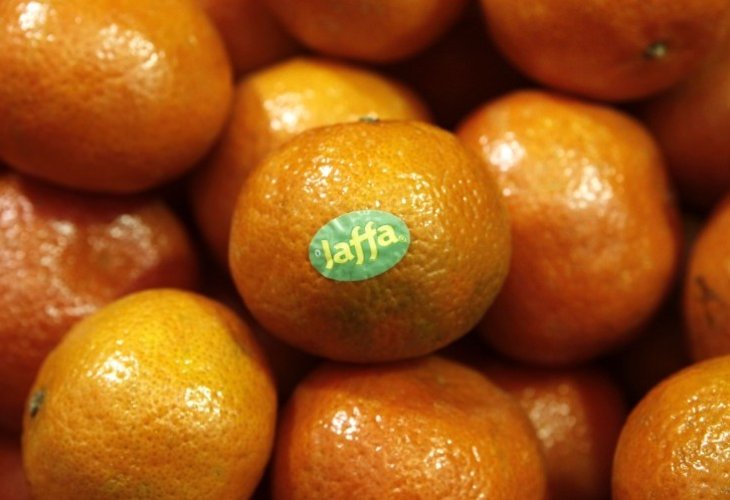Laws: Shmita and Abandoning Fruits
How to effectively abandon fruits for public use during the Sabbatical year - answers in this concise halachic guide

The Torah contains several verses regarding the shmita of fruits, and several commandments arise from these verses, which are:
Abandoning field fruits during the shmita year
Prohibition against collecting field fruits for one's home
Prohibition against locking or fencing one's field
The fruits of the shmita year have sanctity, and therefore one must preserve the sanctity of the fruits, which is expressed in two matters:
Prohibition against wasting shmita fruits, an action that damages the fruit's sanctity
Prohibition against commerce (selling) shmita fruits, an action that damages the fruit's sanctity
Prohibition against eating aftergrowths
Removal of shmita fruits
Abandoning Fruits
There is a positive commandment to abandon everything the land produces during the shmita year, as it is said: "But the seventh year you shall let it rest and abandon it." This means a person who owns a field or trees with crops or fruits must abandon the crops or fruits in his possession.
It is forbidden for a person to gather a large quantity of fruits into his home; rather, he must abandon everything. However, it is permissible for a person to take a small amount of fruits into his home, meaning an amount sufficient for all members of his household for one week, and when they finish eating them, he may take another small quantity into his home, and so on. If a person transgressed and brought a large quantity of fruits into his home, although he committed a prohibition, these fruits are not forbidden to eat, but are permitted.
It is also forbidden for a person to lock or fence his field.
However, in fields where there is concern that non-Jews might steal fruits or work tools in the field, or concern that animals might destroy fruits, it is permissible to lock the field and place a guard to supervise the fruits. But the field owner should hang a sign at the field entrance stating that the fruits are ownerless, and the field owner should indicate in a prominent place that anyone who wants to take fruits from the field can receive a key located in a certain place, or indicate that fruits can be taken at a specific time from the field.
Regarding a person who did not abandon his field's fruits or prevented access to his field without any reason (as explained above), there is a disagreement whether these fruits are permitted to eat, and people generally practice leniency, but one must treat these fruits with the sanctity of the seventh year (the law of fruit sanctity will be explained below). However, one who is stringent upon himself and does not eat these fruits, may blessing come upon him.
The field's fruits are not ownerless until the owners abandon them.
Fruits from the sixth year that remained on the trees also during the shmita year are not ownerless, and the sanctity of the seventh year does not apply to them (the matter of sanctity applicable to fruits will be explained below).
Only fruits that have the sanctity of the seventh year must be abandoned, but non-fruit trees, flowers, spices, mushrooms, grass, and the like do not need to be abandoned.

